LGBTQ+ Students Seek Acceptance
A school environment that values diversity and acceptance of students will help encourage higher academic achievement.
March 31, 2022
LGBTQ+ Students Seek Acceptance
Walking through the hallways of Great Crossing High School, hundreds of students pass by each other. While some may know each other, some don’t. One thing that everyone has in common, is that we are all different. Throughout our student body of over 1,500 students, our diversity levels vary. One of those groups of diverse students are members of the LGBTQ+ community.
Throughout the school, members of the LGBTQ+ are sharing their stories. With accepting environments and strong support systems growing, some feel more comfortable with speaking up. These stories can lead to more empathetic surroundings for students to learn and grow in.
Struggles of the Community: Handling Personal Attacks
Although the LGBTQ+ community has progressed greatly in recent years, like through the legalization of same-sex marriage, the discrimination it faces face is still prominent. A recent example of this is the “Don’t Say Gay” bill in Florida, a bill that would prevent school systems in Florida from discussing sexual orientation and gender identity in primary schools.
The LGBTQ+ community deserves acceptance and laws like these are having a negative impact. According to NBC News, nearly a third of youth members of the LGBTQ+ community have attempted suicide.
Madison Putty, a junior, has witnessed some of the discrimination that happens at school. Putty said, “I hear the f-slur every single day at Great Crossing. People throw it around like it means nothing. Whether it is or isn’t directed at me, it hurts the community. When people who aren’t a part of the LGBTQ+ community say the f-slur, it feels like a stab. That word was, and is, used as a derogatory term for queer people, so someone who is not reclaiming that word, and taking the power from that word away, hurts people.”
This is not an out-of-the-blue experience for many LGBTQ+ teens. Seth Whittington, a senior at Great Crossing High School said, “I hear people say slurs all the time. The people who say them mainly don’t face consequences, and it hurts the entirety of the LGBTQ+ community at Great Crossing.”
Struggles of the Community: Misgendering
Some students in our school identify as transgender or non-binary. According to the Oxford dictionary, transgender is defined as a person whose sense of personal identity and gender does not correspond with their birth sex. Non-binary is used as an umbrella term for gender identities that don’t fall strictly within male or female. Those students often deal with issues of misgendering, misuse of preferred names, and gendered bathrooms.
According to the Gay, Straight & Lesbian Education network, misgendering refers to the “experience of being labeled by others as a gender other than one that a person identifies with.”
Whittington shared his experiences with misgendering, “I am misgendered in our school constantly, and it really stings. Being misgendered is like wearing the wrong shoe on the wrong foot, your shoelaces are untied, and the size is too big. Even when I call someone out on misgendering me, give them my correct pronouns, they still continue to use she/her pronouns and call me a girl. I don’t know if there is malicious intent, but it is ignorant for sure.”
At a recent Genders & Sexualities Alliances meeting, students spoke about their concerns for name preferences. Individuals receive a name at birth chosen by their parents. For many people, a member of the LGBTQ+ community or not, that name transitions into a nickname and the birth name is never used. Transgender and gender-non-conforming students often choose a new name that fits their identity better. Many students have changed their birth-given names to align with ones they feel properly reflects their gender identity and want the school to assist in having more teachers and students using their preferred names.
According to the dictionary, deadnaming is to “call (a transgender or non-binary person) by their birth name when they have changed their name as part of their gender transition.”
Iris Little, freshman said, “I think having preferred names in Infinite Campus would help the LGBTQ+ so much. Especially when it comes to subs. Having those preferred names there would help those not get dead named in front of a group of people. I know so many people who don’t even respond to their deadname, so they get marked as absent whenever there is a sub.”
Some teachers at GCHS have found a way to help make sure that students’ name preferences are honored. Little said, “Ms. Vaught is one of the best examples of a safe space for many queer-identifying students. She always asks for preferences when it comes to names and pronouns, and she is an overall amazing person to talk to.”
Struggles of the Community: Safe spaces needed
One of the issues throughout the school is gender-neutral bathrooms. Many students identify as non-binary, and the lack of gender-neutral bathrooms is an issue in the school. Little said, “Not only does the lack of gender-neutral bathrooms affect me, but also so many transgender and gender-non-conforming. The only gender-neutral bathroom in the school is in the nurse’s office. So many people want to be able to use the bathroom comfortably without having to walk to the nurse’s office.”
Cheri Risher, the school’s Youth Service Center Coordinator said, “I think a gender neutral bathroom, in addition to the gender specific bathrooms would be a great idea. I read a research article that said two-thirds of transgender students avoid school bathrooms because of feeling unsafe and/or uncomfortable. These students often “hold it” or don’t drink fluids during the day so they can avoid going to the bathroom.”
A lack of safe spaces for students can negatively impact their academics as well as their relationships with peers. Risher says, “Research shows that LGBTQ students who experience victimization at school were almost three times more likely to have skipped school, because they felt unsafe or uncomfortable and also demonstrate lower levels of academic achievement, including lower GPAs. Also, schools that promote LGBTQ-inclusive and affirming learning environments have fewer student absences and greater improvements in academic achievement across grade levels.”
Schools Want to Help
GCHS wants to be supportive of all its students. Jamie Haywood, an assistant principal at Great Crossing said, “We don’t get many reports of homophobic slurs. We have received some, and when we do receive them, we investigate and handle each situation in accordance with our discipline policy. Harassment of any kind is dealt with immediately. Haywood explained that consequences would be assigned according to the policies outlined in the student code of conduct.
There is a lot that Great Crossing as a whole can do to accommodate the needs of the school’s LGBTQ+ community. Supporting the LGBTQ+ community validates student’s identities, and allows them to be themselves. When they gain comfort in their identities, this allows more focus on academics, social life, and overall beneficial activities.

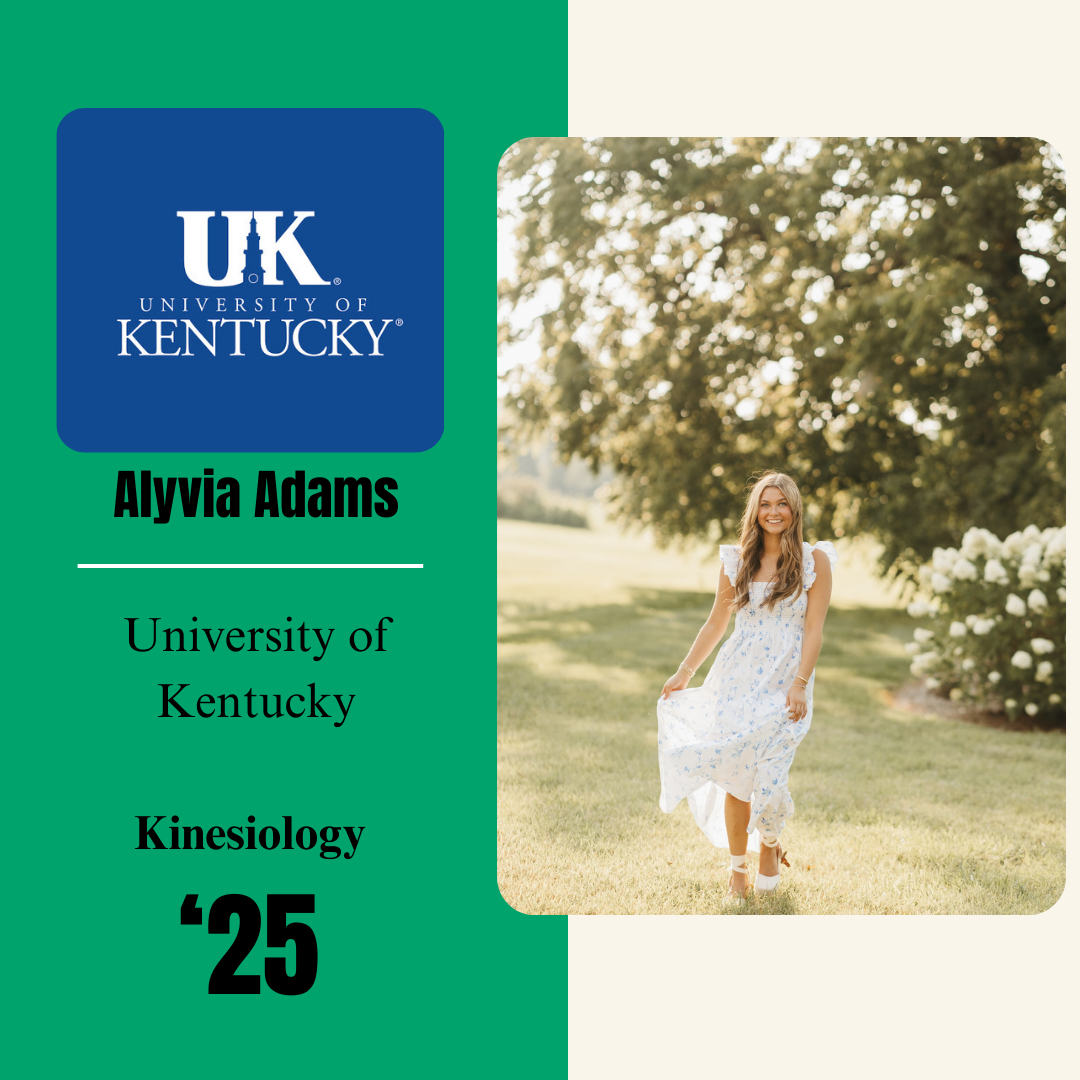
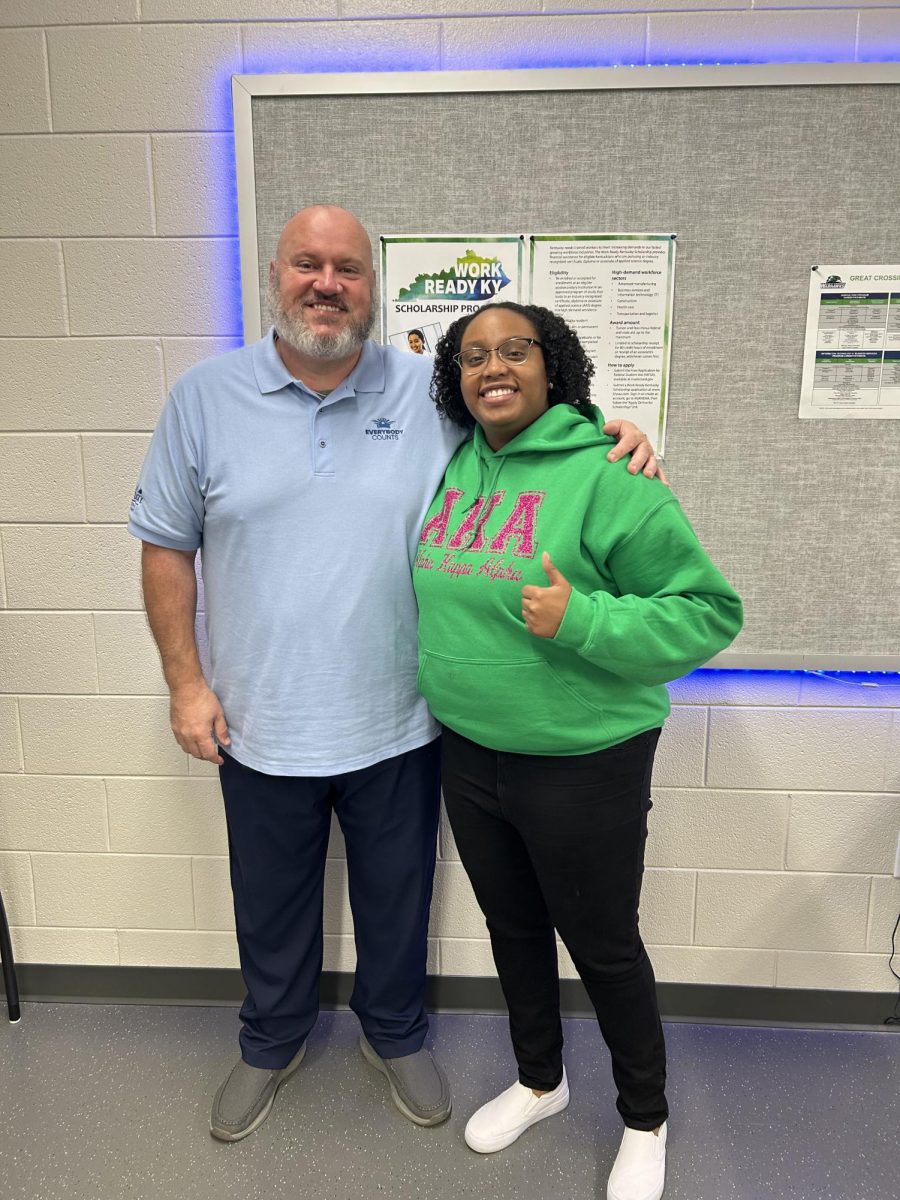

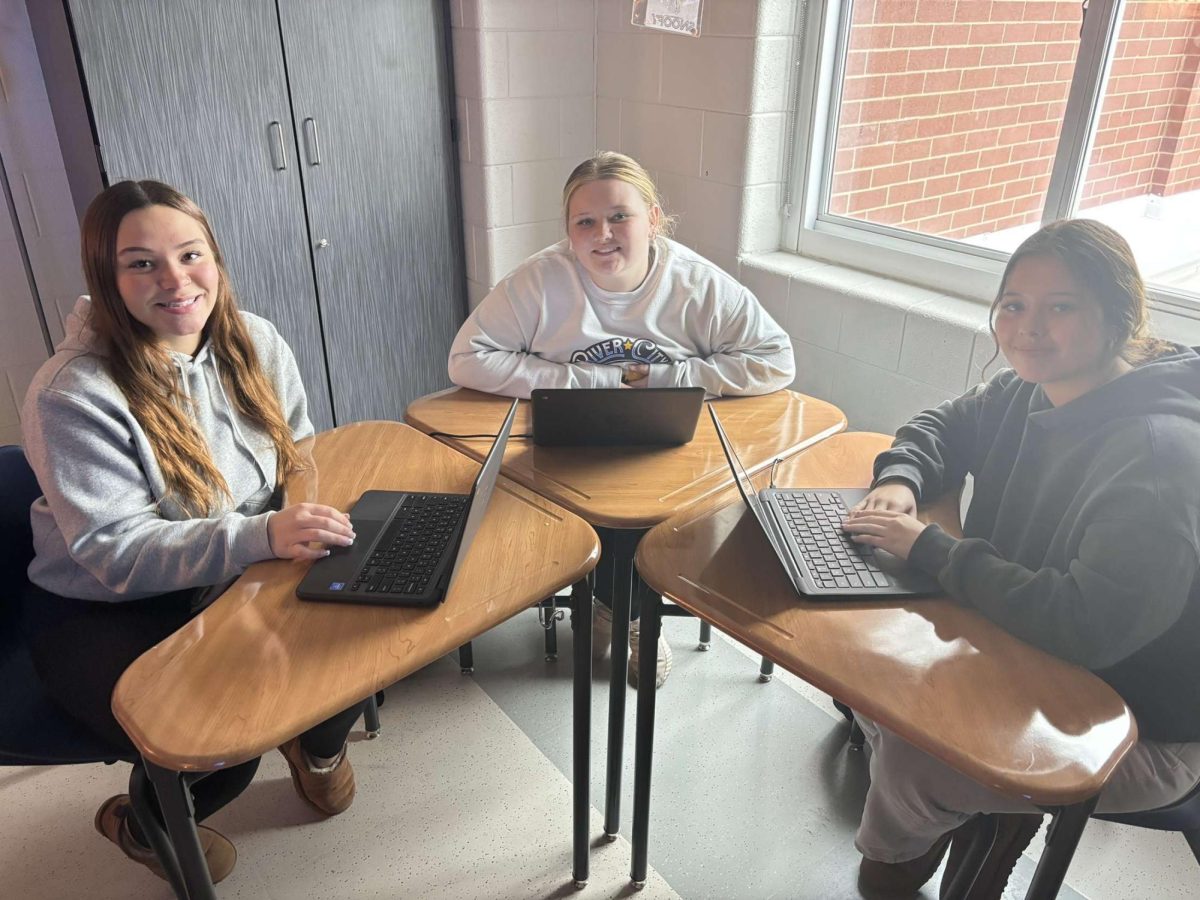




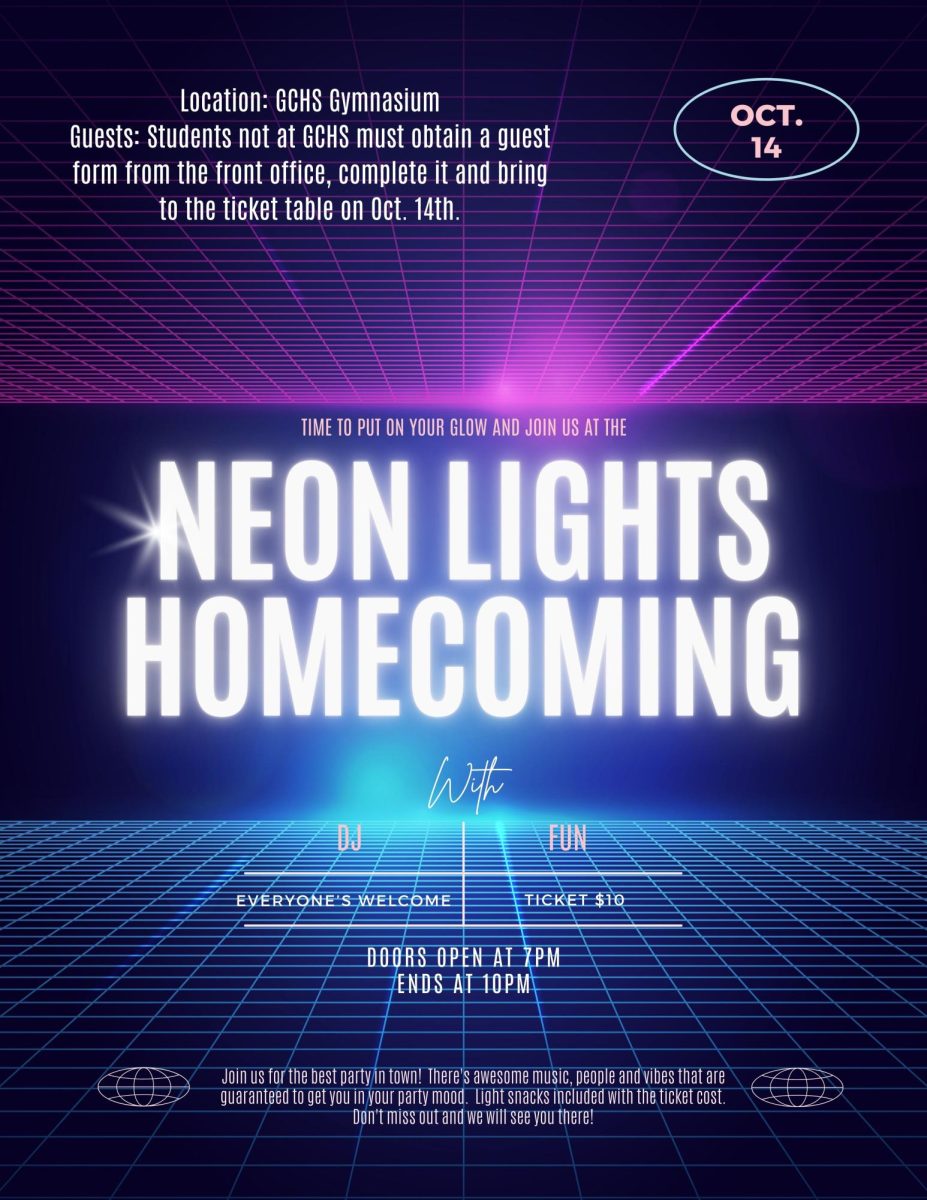




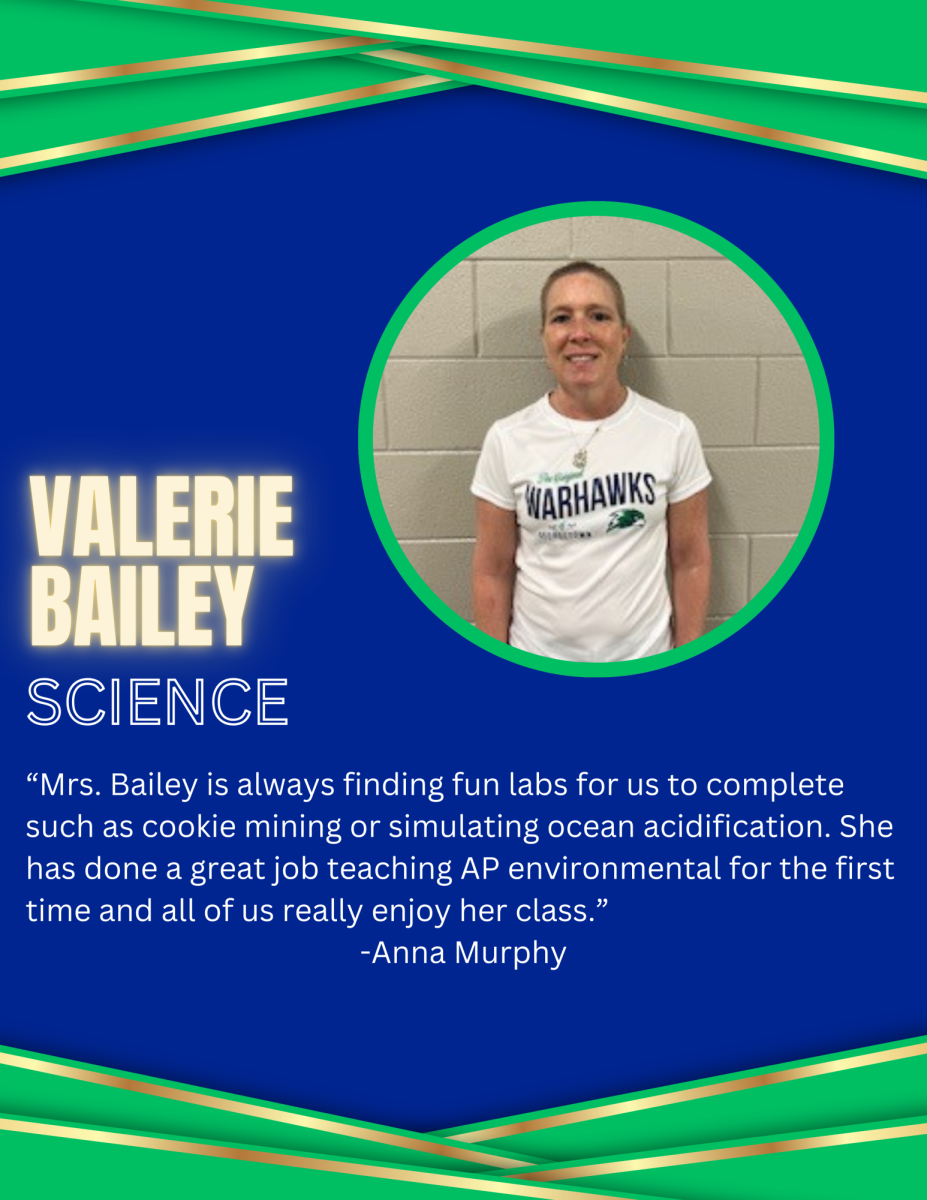
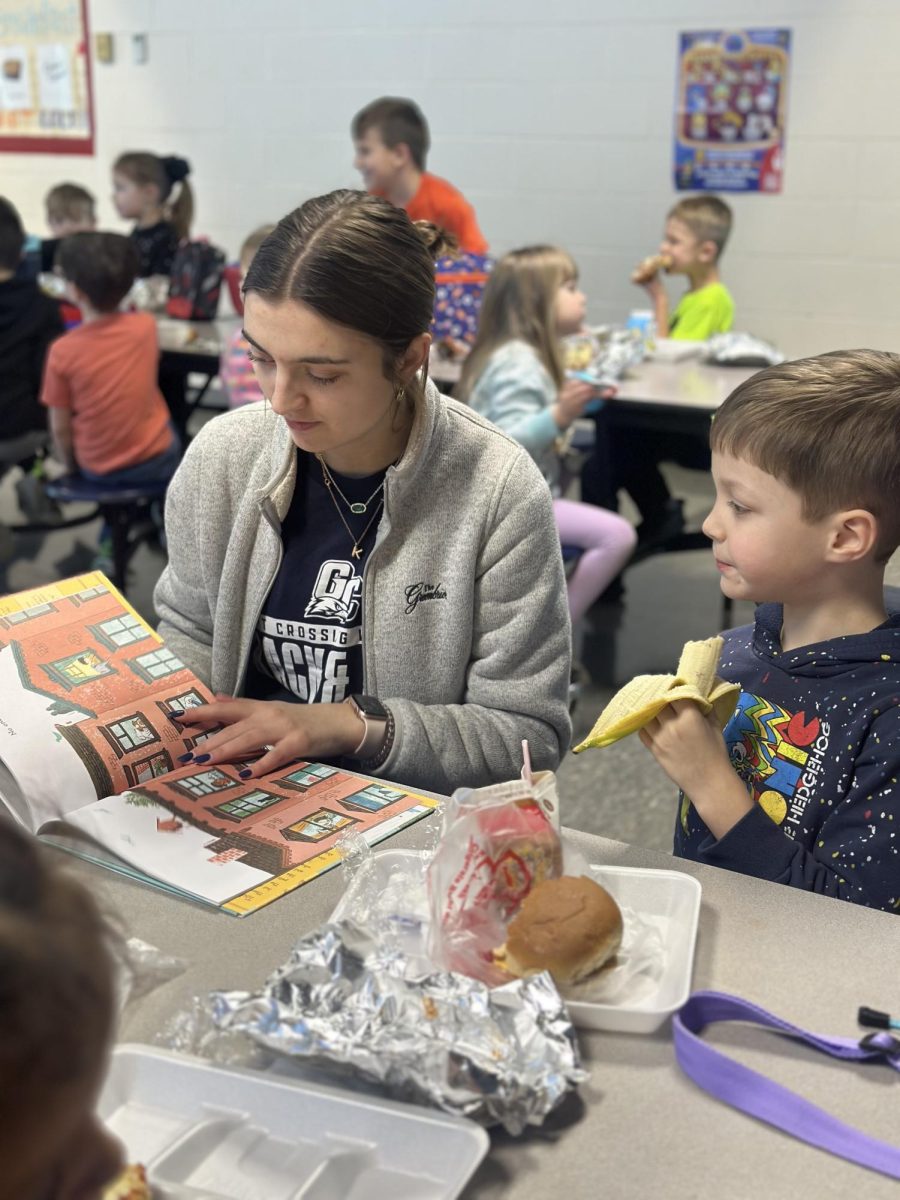
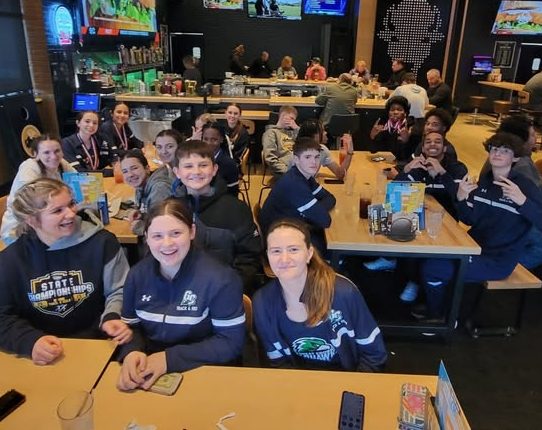
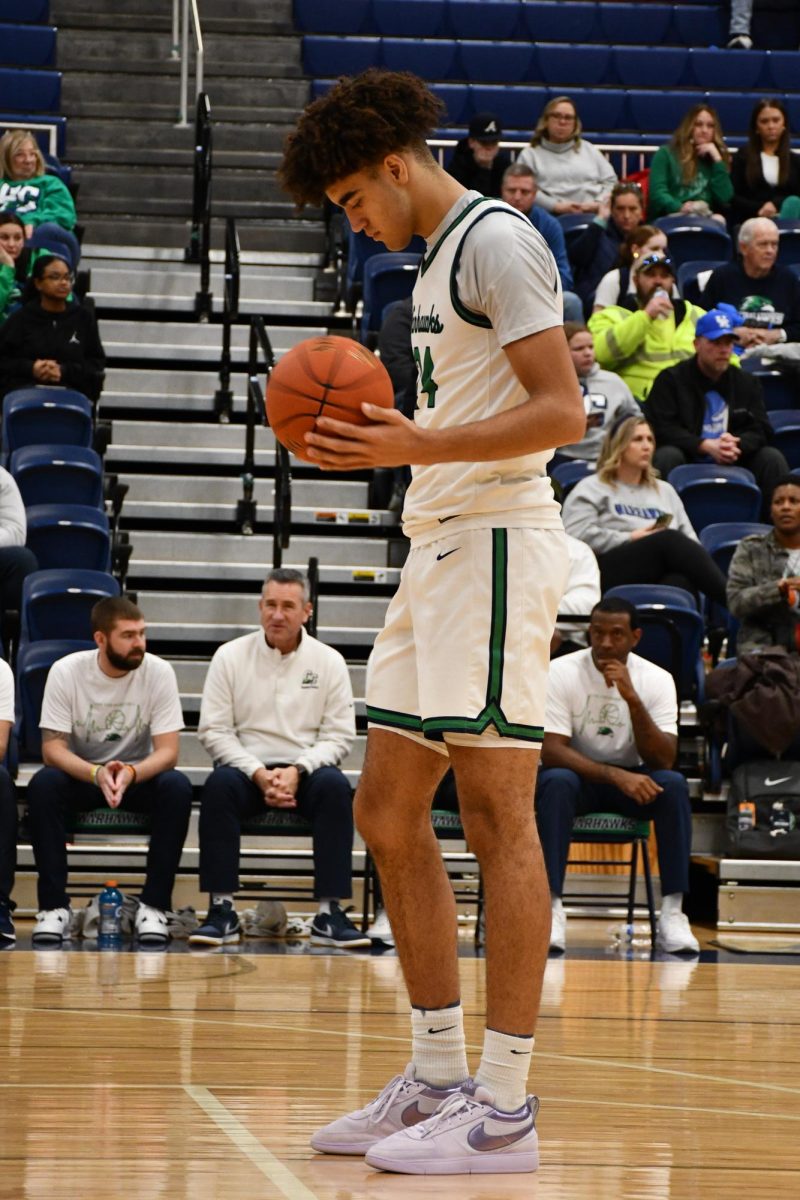
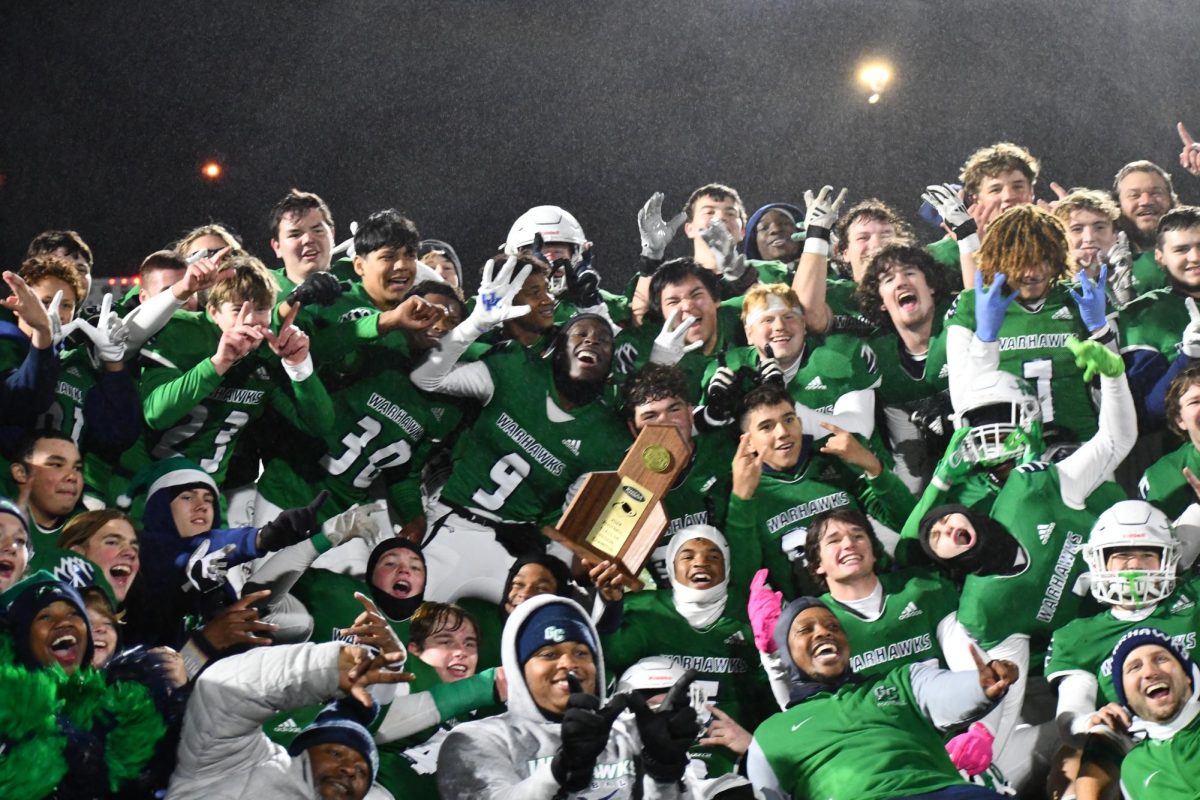
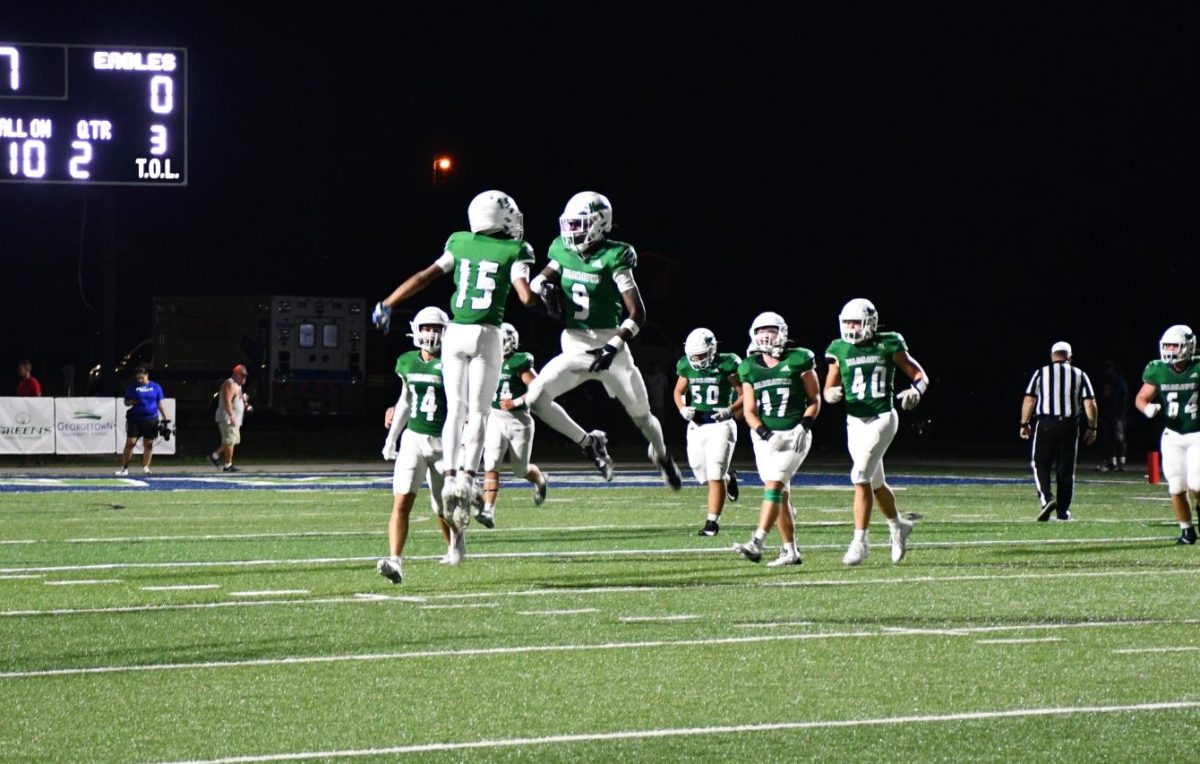
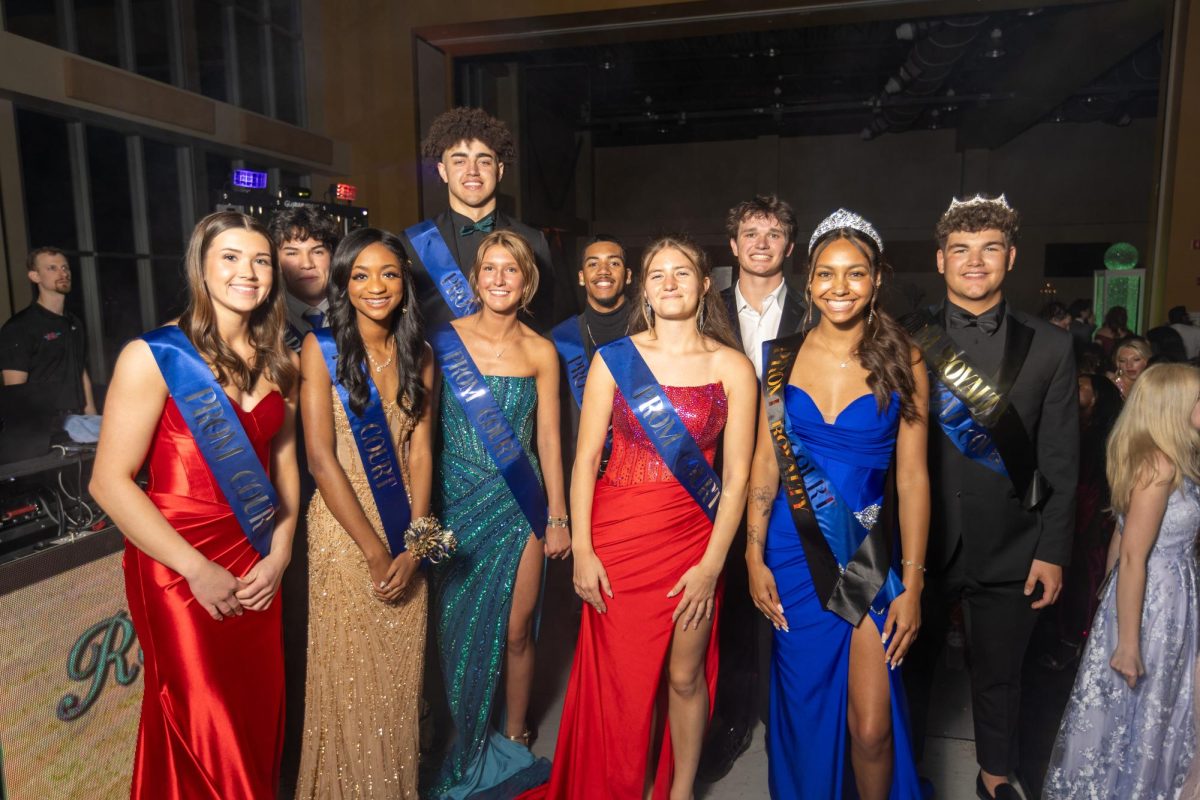






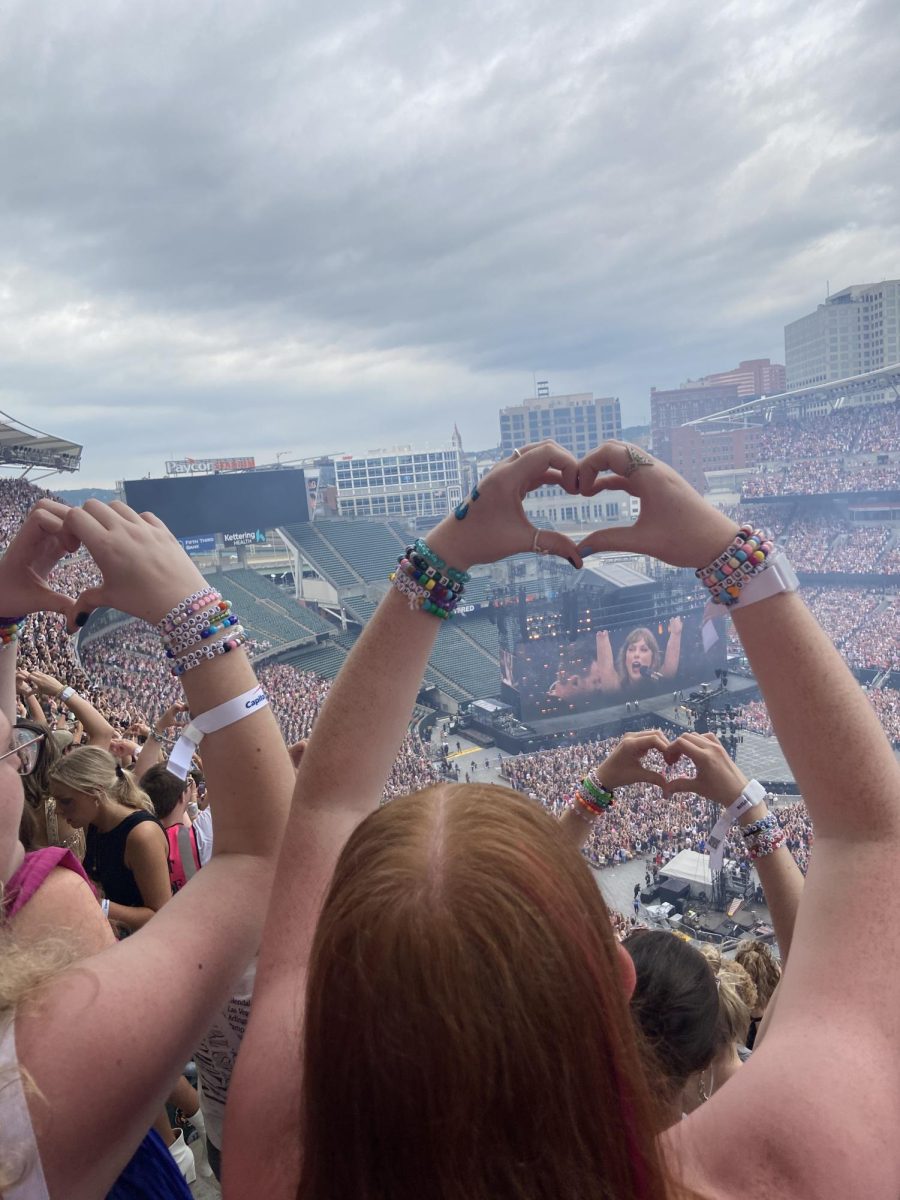

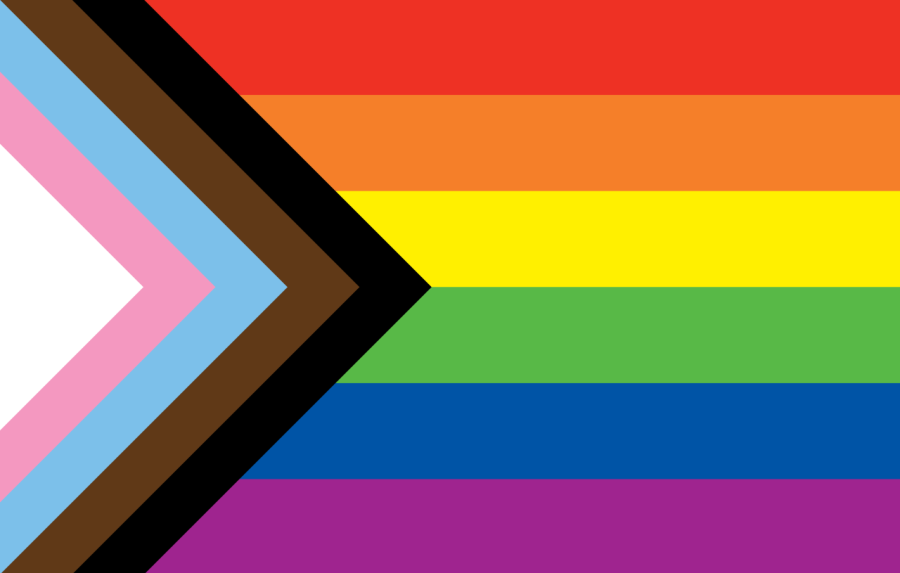

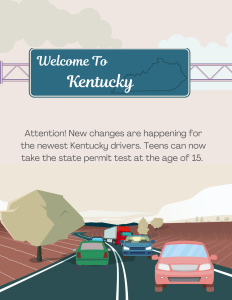

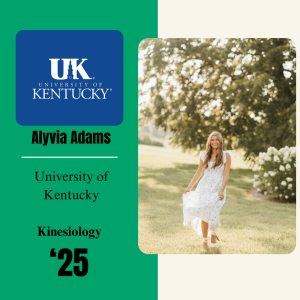

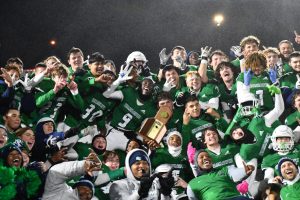
Shelby.M • Dec 9, 2022 at 1:48 pm
I agree, I hear many people be rude and invasive towards people who are trying to be themselves. My friend who recently is stepping out more has also been getting more hate recently people using the F-slur or other rude words when my friend is one of the most nicest people you will ever meet always has been. I see it as hard to come out and it dosen’t help when others make you wish you weren’t at school in the first place. This article Should be put out more and i really enjoy it. If others dislike the LGBTQ+ they shouldn’t say it out loud and keep it to themselves its okay to dislike but not make others feel bad for your hate. They need to step up a bit more to clear all the hate and should have a safe place.
Amber Kidwell • Aug 29, 2022 at 1:40 pm
This is such a great article and I relate to it a lot. like having to use the men’s bathroom or being constantly called by he/him. I feel like everyone in this school should be accepted for any differences they may have.
Cheri Risher • Apr 21, 2022 at 7:27 am
Great job, Katie! I think this topic is so important. All of our students need to feel safe and accepted.
Lynn Fiechter • Mar 31, 2022 at 1:35 pm
To the students who spoke their truths in this piece—thank you for sharing. And to Katie and the Crossing Chronicle staff—thank you for writing this article.
Annette Manlief • Mar 31, 2022 at 9:50 am
This is an article that needed to be written and read. Thank you, Katie Feeback, for taking that on. You are appreciated!